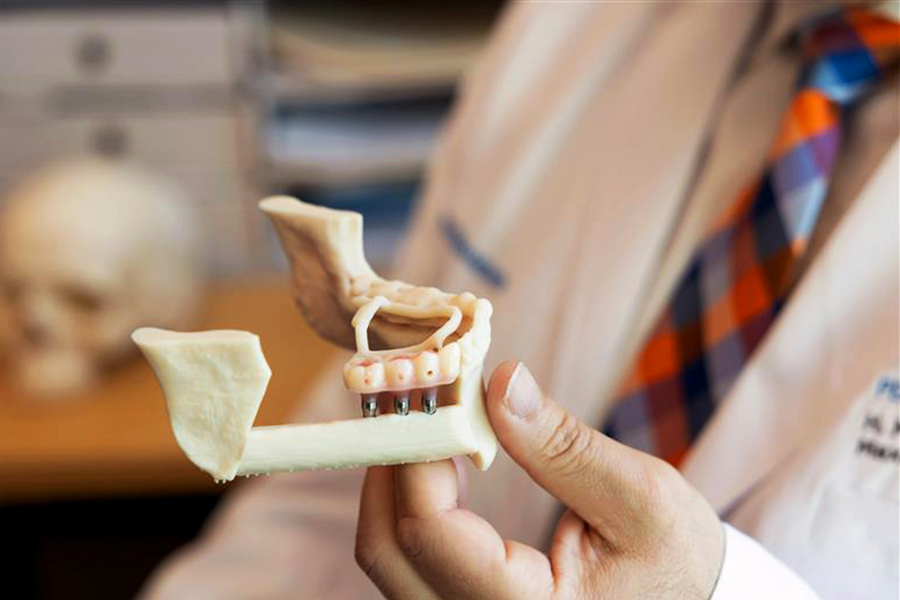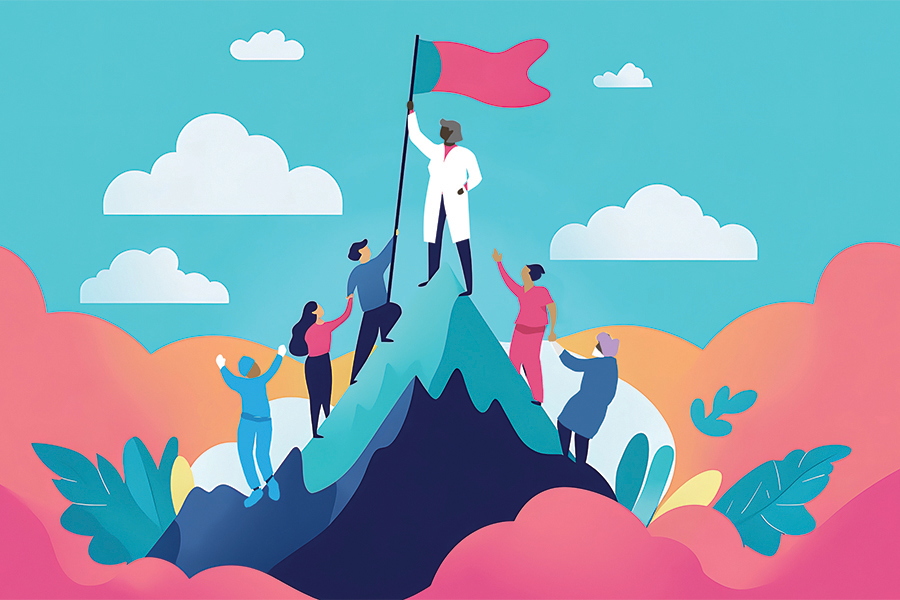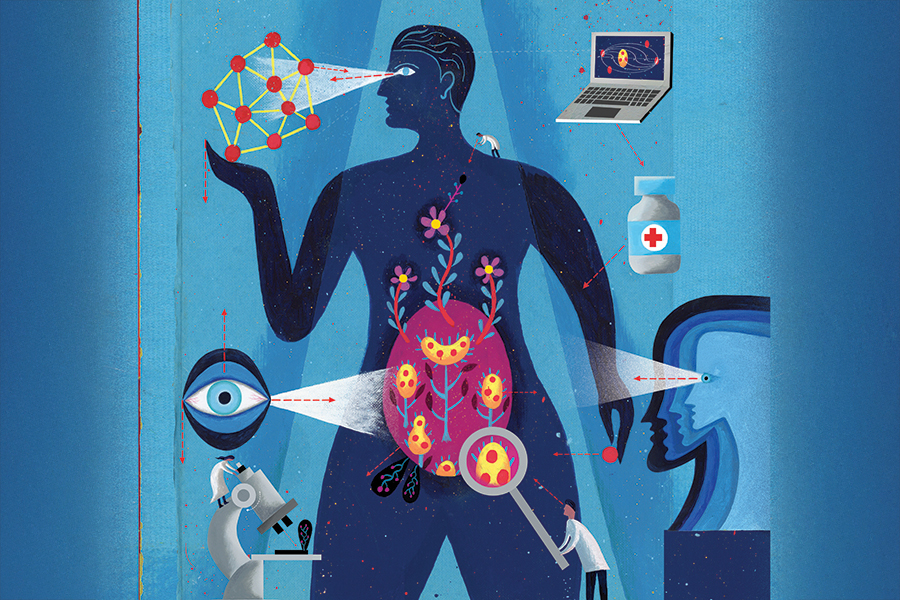By Salvatore Iaquinta, MD, Head and Neck Surgeon, KP San Rafael
The Marin Independent Journal – August 13, 2017
A few months ago I wrote about health and flying, but I omitted one important aspect of long airline flights — jet lag, as it deserves its own discussion.
Most of us are familiar with jet lag and its accompanying fatigue, but sometimes jet lag causes headaches or even indigestion or nausea. Most people get some jet lag when traveling overseas but more sensitive individuals are affected by traveling two time zones. Jet lag is typically worse when time is lost during travel (West to East).
Some people are quick adapters to the time zone change, but for the rest of us, it might take about a day per time zone changed. Like just about every other ailment, the recovery is slower the older you are.
The heart of the problem is a misalignment of our circadian rhythm and the day and night cycle. A cluster of about 20,000 nerve cells in the hypothalamus in an area called the suprachiasmatic nucleus (SCN) is the motherboard of our internal clock. It’s rhythm controls not only sleep, but hormone release and body temperature. Normally, cortisol dips at night and peaks just before we awake. A spike in cortisol energizes the body, and stimulates hunger. Obviously, if the SCN is triggering release of cortisol on California time while we’re in London, there’s going to be a conflict between the body’s desire to start the day and the mind’s desire to sleep.
There are a number of ways to overcome jet lag. For the planners, start adjusting your sleep as much as you can during the few days or week before leaving. Shift your bedtime by a half hour per day in the direction you need. Your body will start adjusting that quickly.
The first step is to control the exposure to light. Darkness causes the SCN to stimulate the pineal gland to release melatonin, this is the hormone of sleep. Bright light sensed by the eyes causes the SCN to be stimulated. This can be helpful if you need to stay awake for a few more hours. Conversely, if you are trying to fall asleep, keep the phone or tablet off before going to bed. If doing any pre-sleep reading on a device, switch the screen to a white font with black background to minimize the light exposure. Incidentally, there are studies suggesting teenagers are putting themselves into a permanent state of jet lag by delaying their sleep cycle with phone checks; the screen’s light has shown to suppress melatonin, which then spikes later in the night, making a night owl more of a night owl.
If you are going to try to sleep on the airplane, it’s best to use both earplugs and an eye mask. The goal is to minimize distractions. Save the earplugs, you might need them for your hotel as well. Other than during the flight, you should not take naps.
Our body temperature is lowest at night. There are studies that show manipulating our internal body temperature can regulate our circadian rhythm. Researchers have found that selective dilation of skin blood vessels causes heat loss, which in turn lowers body temperature, which stimulates melatonin secretion and sleep. Traveling somewhere hot? Consider getting a room with air conditioning. Studies show that excess humidity and excess temperature independently increase wakefulness — hot summer nights really do keep you up.
A hot shower before bed can make you more tired as your blood vessels dilate in the hot water to try to get rid of the excess heat. They stay dilated once you exit the bath causing your body to release heat which increases sleepiness.
Then there are the chemical options. In general, it’s recommended to avoid medications to overcome jet lag. However, most of us don’t consider caffeine a real drug and it can pep you up when you are dragging. The No. 1 over-the-counter sleep supplement is melatonin. As mentioned earlier, melatonin is a hormone, and increased levels of melatonin make you sleepy. Studies on the use of melatonin for jet lag are mixed, with most in favor of melatonin. It does make you fall asleep faster than placebo. But don’t let its over-the-counter status fool you; it should not be used during pregnancy, or with certain blood pressure and blood thinning medicines, and it comes with a warning not to operate machinery for four hours after taking it.
The side effects profile for melatonin nearly matches those of prescription medications. Ambien made big news with its rare side effect of sleepwalking. But Ambien, along with competitors Lunesta and Sonata, can also cause constipation, headaches, loss of coordination and, of course, drowsiness.
Overall, there is no easy way to dodge jet lag, short of staying home. If you can avoid them, stay away from the medications, keep busy and in bright light when you need to be awake and block out all disturbances when you need to sleep.
Happy travels.
This article first appeared in Marin Independent Journal






